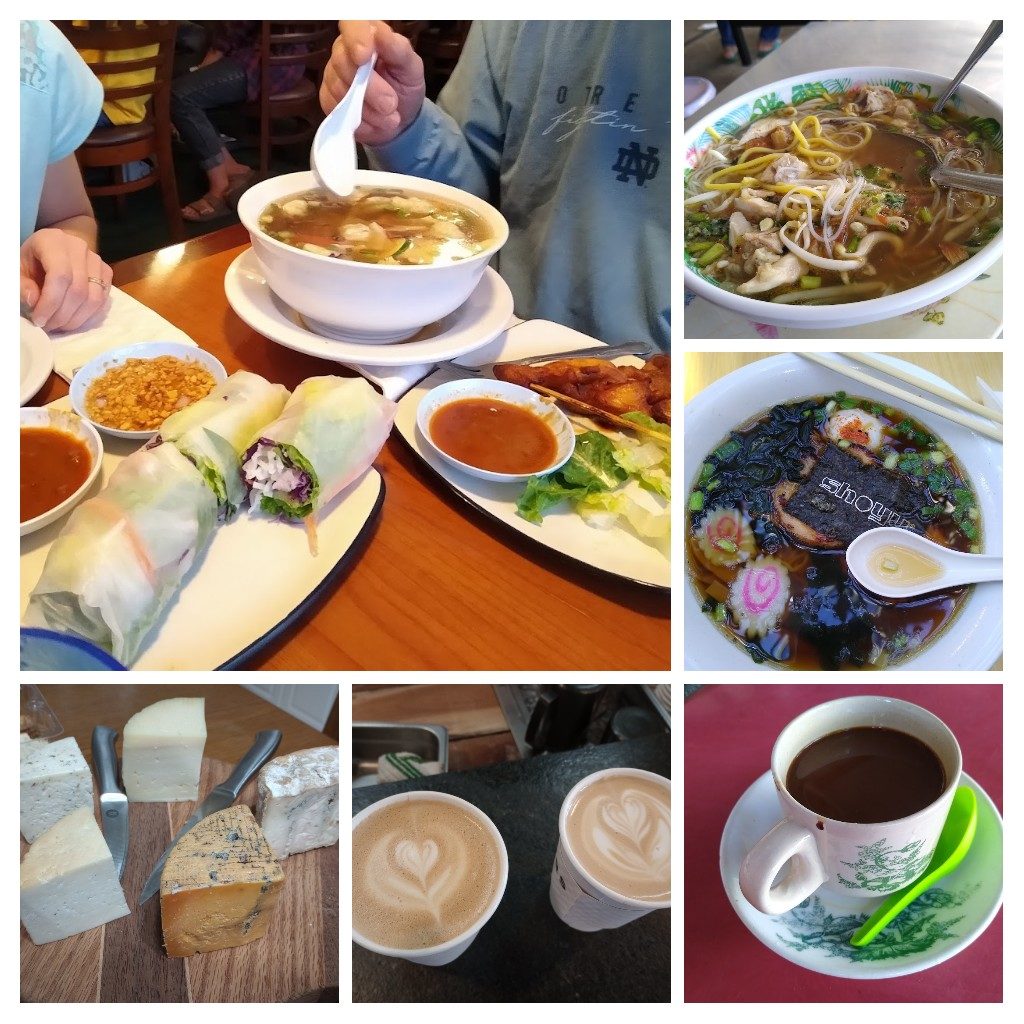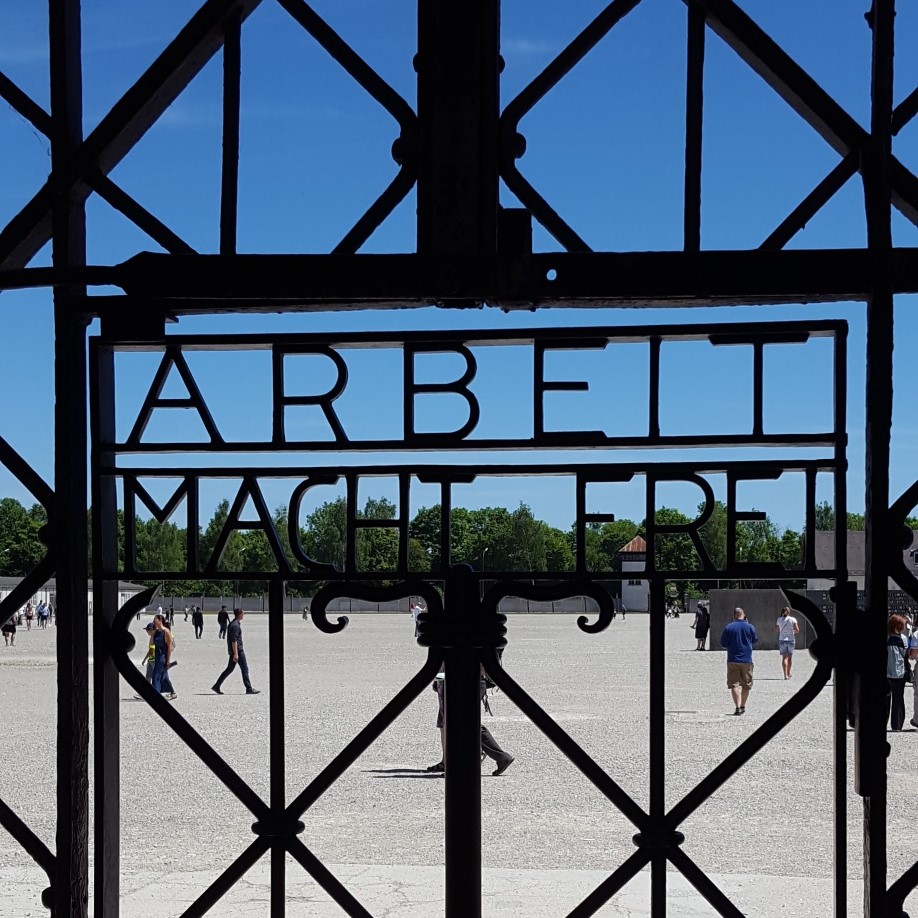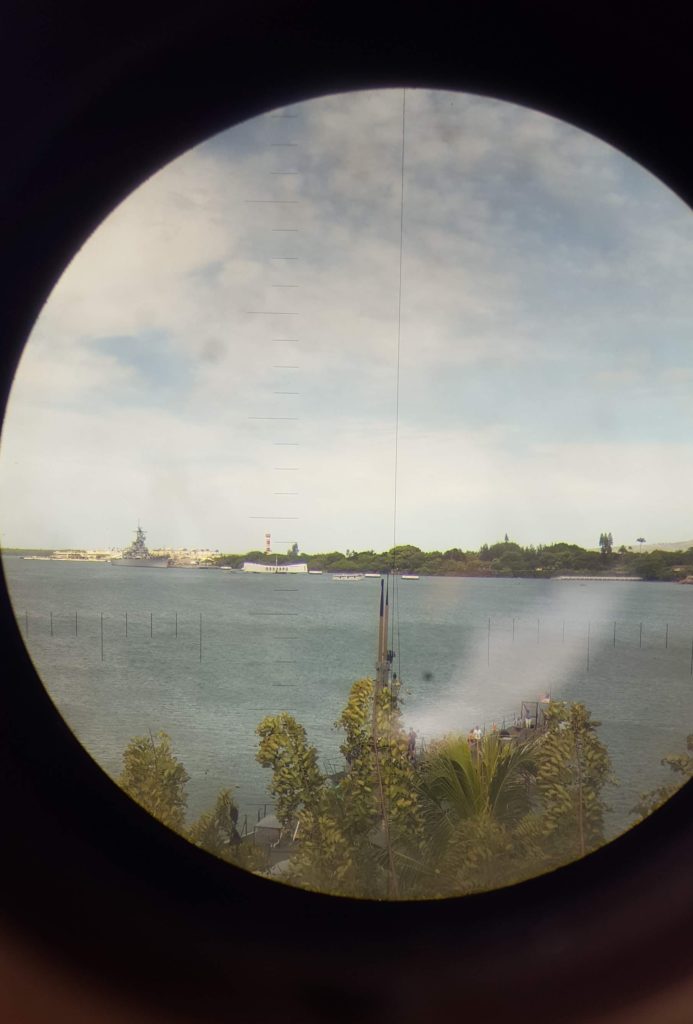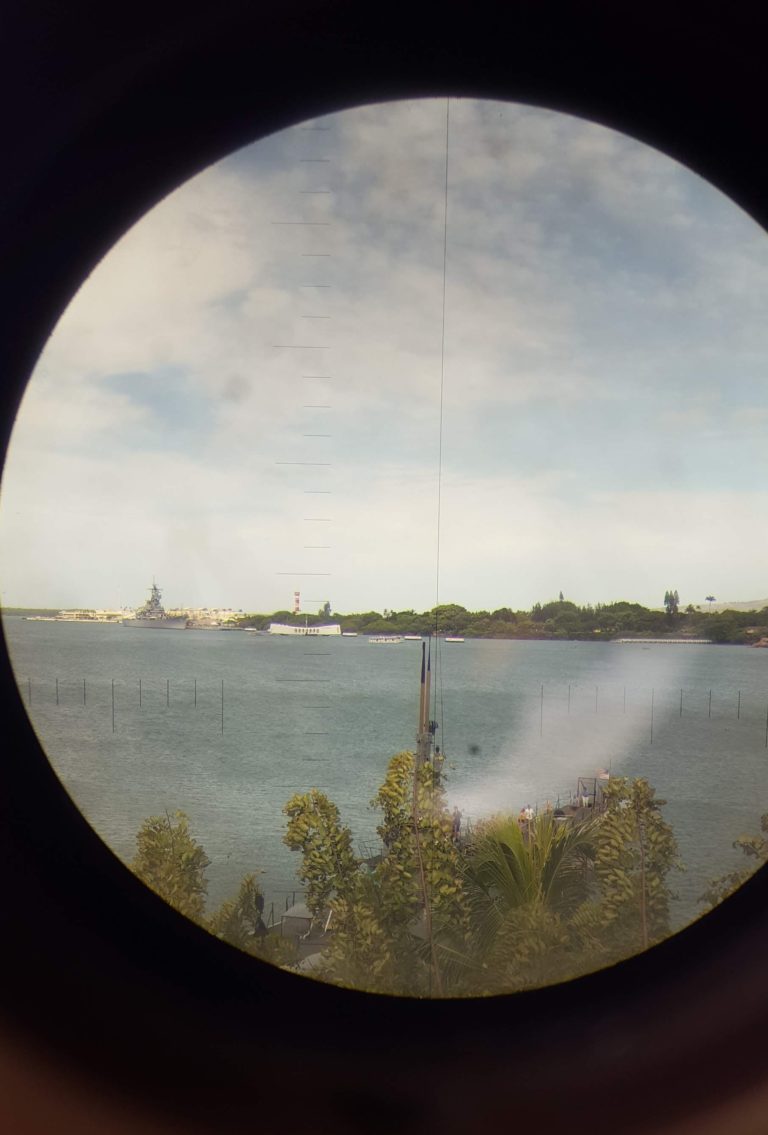
Travel Journal, 121
“They’re doing the Lord’s work here.”
I have said this often. And I mean it.
Now, it may sound like I’m being facetious when sitting at a small table in the hills of Connecticut having a classic American breakfast of sausage and eggs, but believe me, I am in earnest. In fact, that’s exactly what happened last weekend in a small café in the town of East Granby, CT. We walked into questionable-looking strip-mall storefront expecting to be disappointed by overpriced greasy food. But we were met with the warmest of smiles, bottomless coffee, perfect eggs, and some of the best home fries I’ve ever had. They’re doing the Lord’s work here.
A month ago, my wife, and parents, and I needed a cup of fine coffee. We were having a stroll through the Centennial Park in Nashville, TN (no, I don’t know why they have an exact replica of the Ancient Greek Parthenon of Athens). To our delight we found a spot, just off the park. Walk into Three Brothers Coffee and you will find the staples of the makeup of a quality coffee house: neo-hippie 20-somethings, donning trendy glasses, swaggering behind a triple-group-head espresso machine, gleaming in the light of a neon sign that blasts, “Make Coffee, Not War.” The machine gives a hushed blast, steaming milk. Click, click, click goes the coffee dispenser.
“Anthony!” My ears perk and turn like a deer’s.
I walk to the counter to find a heart-shaped design on the top of my latte. It’s a drinkable work or art. And what’s more, it’s delicious. The caramelly musk of coffee fills the air of the shop. We sat on a well-worn pleather couch that looks like it should be in a college dorm and sipped our drinks.
I think it again: they’re doing the Lord’s work here.
The first time this thought came into my mind was a couple of years ago, in Hawaii. I’ve had the sentiment for decades, but couldn’t really place it until then. Perhaps I was too naïve, young, to put into words how I feel and think about food, drink, art, music, and the like.
One of my favorite restaurants is a tiny Thai place on Ali’i drive in Kailua, Hawaii on the Big Island. Climb the stairs, if you would. Walk into the open-air seating and sit by a window looking down on the sidewalk below you. This unassuming place attracts few tourists (as is the norm with the Big Island). On a hot day in the tropics, I sat just there with my wife and friends. Order, as I did, the Som Tum. And you will not be disappointed when a plate of gently shredded cold green papaya, cabbage, carrots, Thai chilis, and an array of spices tossed in a light sauce arrives in front of you. This was far from my first Som Tum encounter. And it certainly wouldn’t be my last. The cool-fresh spiciness of the salad and bright palate of colors begs to be eaten on a hot day on the Kona coast of the Big Island.
Then it hit me, and I said it allowed.
“They’re doing the Lord’s work here.”
It got a few giggles and comments, but it was true, all the same.
What sat before me was something good—a good thing that was made by hands of a person created by God.
He has created us as creators. We are sub-creative beings. The capacity for mankind to create and craft is seemingly endless. Why is that? I think it’s because we take after our Father. You know, the One in whose image we are made.
He created everything and declared it good. And now, “every good and perfect gift is from above, coming down from the Father of the heavenly lights.”1 Wait a minute. The good things of this world. The things that are beautiful, delightful, true, and lovely, those things are from God?
Emerging from the Reformation, Martin Luther breathed new light into an old idea of the Doctrine of Vocation.2 The Catholic Church at the time said that a religious vocation was only one of lifelong service to the Church. We’re talking priests and other church leaders here.
But the reformed idea of vocation is much different. I like the simplicity of what the Anglicans say—you are called by God “to be and to do.”3
Every thing that we do is for the glory of God. This world needs bakers, and Ramen house cooks, and coffee baristas, and mechanics, and fabric upholsterers, and everything else. And the world is a much better place when Christians who love God and others do those things for Him.
But may I go farther?
What if those people who create and craft and cook and brew know nothing of their Creator? What if those people simply exist and go about their lives, serving up their goods without a thought to God?
Their belief or non-belief in God, their praise or non-praise of Him, does not make what they have created less good or beautiful. Francis Schaeffer taught this for years. He recognized that art displayed the beauty of Christ, sometimes in spite of the artist.4
Just so, a cup of coffee in Malaysia is a gift, coming down from God himself.
So I invite you to lean in.
Can you smell the drifting coffee aromas mixing with the spicy hints of your bowl of noodles? That’s goodness, my friend. Don’t left a moment like this pass you by. Don’t waste the good gifts that come from God. Whatever you do, if you’re eating or drinking, do it to the glory of God and recognize it as a good thing.
The waiter serving you, the barista crafting that special cup, they are doing the Lord’s work, whether they know it or not. For God is their Creator and they are a sub-creative being displaying the beauty of Christ, knowingly or unknowingly.
I like my little saying. It’s a reminder to me of the delights that God gives us and the beauty all around us, pointing us to Christ.
They are doing the Lord’s work here.
anthony forrest


